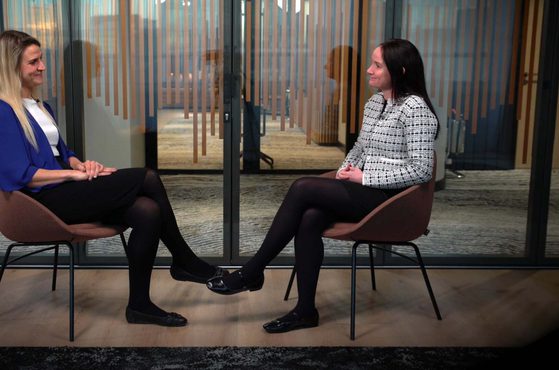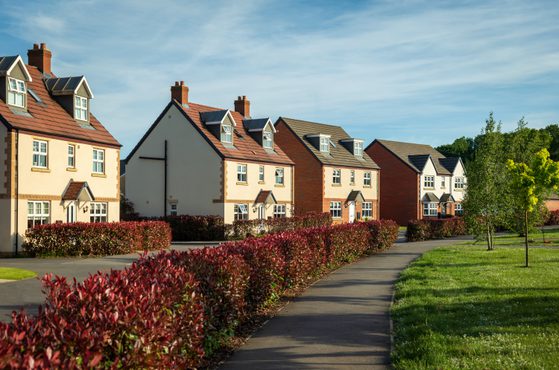On 2 July 2025, the Ministry of Housing, Communities and Local Government (MHCLG) opened a consultation on a reformed Decent Homes Standard (DHS). This aims to update the current DHS which sets minimum standards for social landlords to ensure that their properties are decent.
With a reformed DHS, the Government is proposing to extend the minimum housing standards that tenants can expect from their landlords to the private rented sector. The new standard will therefore apply to all rented housing, both social and private.
Here, Simpreet Kaur outlines the key proposed changes and what they mean for landlords.
DHS — key proposed changes
The DHS was originally measured against four criteria: A, B, C and D.
This consultation will make changes to B, C and D as well as create a new criterion, E.
Criterion B — Proposal 1:
- Updating the definition of ‘disrepair’ to remove the age requirement. Building components will therefore no longer need to be both old and broken to be in disrepair.
- Updating the current thresholds for disrepair, with more descriptive measures.
- Revising the list of building components that must be kept in a reasonable state of repair.
Criterion C — Proposals 2, 3, 4 & 5:
- Revising the approach to facilities so that landlords need to provide three out of the four facilities that would make a dwelling a decent home (listed in Proposal 2).
- Introducing a window restrictor requirement to improve safety (especially for children) and reduce the risk of falls from windows.
- Considering a new home security requirement to reduce the risk of crime.
- Considering a requirement for floor coverings for new tenancies.
Criterion D — Proposal 6:
- Streamlining and updating the thermal comfort requirements by introducing new minimum energy efficiency standards (MEES).
Criterion E — Proposal 7:
- Introducing a new standard so that properties are free from damp and mould.
What does this mean for landlords?
The reformed DHS marks a significant shift in housing regulation. While many landlords may already meet the current expectations, the new criteria raise the bar — particularly around energy efficiency, maintenance and tenant safety.
Landlords should take special note of the new criterion E. This goes further than the current law and creates a much higher standard that landlords need to comply with when dealing with damp and mould.
Updating the DHS is only one of several measures that the Government is putting in place to improve the quality of homes. Awaab’s Law sets statutory timescales for landlords to respond when tenants report serious hazards in their property and the Renters’ Rights Bill will extend Awaab’s Law to the private rented sector.
When will the changes take effect?
The Government is proposing that the DHS becomes an enforceable requirement in privately rented homes from 2035 or 2037, with a regulatory requirement in social housing from 2035 or 2037.
With implementation still years away, landlords should prepare now by assessing their properties.
The Government will be issuing further guidance on the DHS to help landlords, tenants, the Regulator and enforcement agencies to understand the standard and their obligations.
Talk to us
Our housing and communities team is here to help you stay compliant with ever changing laws and regulations.
Talk to us by calling 0333 004 4488, emailing hello@brabners.com or completing the contact form below.




